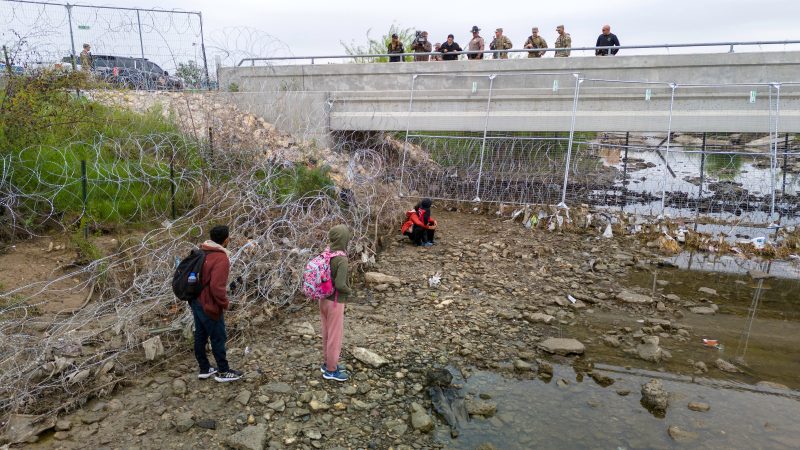The recent decision by the Supreme Court to allow Texas to proceed with the arrest and deportation of migrants marks a significant development in the ongoing immigration debate in the United States. This decision has far-reaching implications for both immigrants and immigration policy in the country. Understanding the context of this decision, its potential impact, and the broader implications it may have is crucial for anyone following this issue.
The Supreme Court’s ruling comes in the midst of heightened tensions surrounding immigration policy, with Texas Governor Greg Abbott leading the charge against what he perceives as an inadequate response to the surge of migrants crossing the southern border. The state of Texas has long been at the forefront of the immigration debate, particularly under the leadership of Governor Abbott, who has taken a hardline stance on immigration enforcement.
The decision to allow Texas to arrest and deport migrants raises several important questions and concerns. One key issue is the potential for abuse and discrimination in the enforcement of this policy. Critics argue that allowing state officials to detain and deport migrants could lead to racial profiling and other violations of civil rights. There are also concerns about the humanitarian implications of such aggressive enforcement measures, particularly in light of the conditions that many migrants are fleeing from.
Furthermore, the Supreme Court’s decision raises broader questions about the division of powers between the federal government and individual states when it comes to immigration enforcement. Immigration has traditionally been a federal responsibility, but the Court’s ruling suggests that states may have more leeway to take matters into their own hands. This could set a precedent for other states to pursue similar enforcement measures, further complicating an already complex and contentious issue.
In addition to the legal and administrative implications of the Supreme Court’s decision, there are also significant human consequences to consider. The migrants who will be affected by this policy face an uncertain future, with the threat of arrest and deportation looming large. Many of these individuals have fled violence, poverty, and persecution in their home countries, seeking a better life in the United States. The prospect of being forcibly removed from the country they hoped would offer them refuge is a daunting and distressing reality.
Overall, the Supreme Court’s decision to allow Texas to arrest and deport migrants is a significant development in the ongoing debate over immigration policy in the United States. This decision has raised important questions about the balance of power between the federal government and individual states, as well as the potential for abuse and discrimination in the enforcement of immigration laws. As this issue continues to unfold, it is clear that the implications of this decision will be felt far beyond the borders of Texas, shaping the future of immigration policy in the country.



























